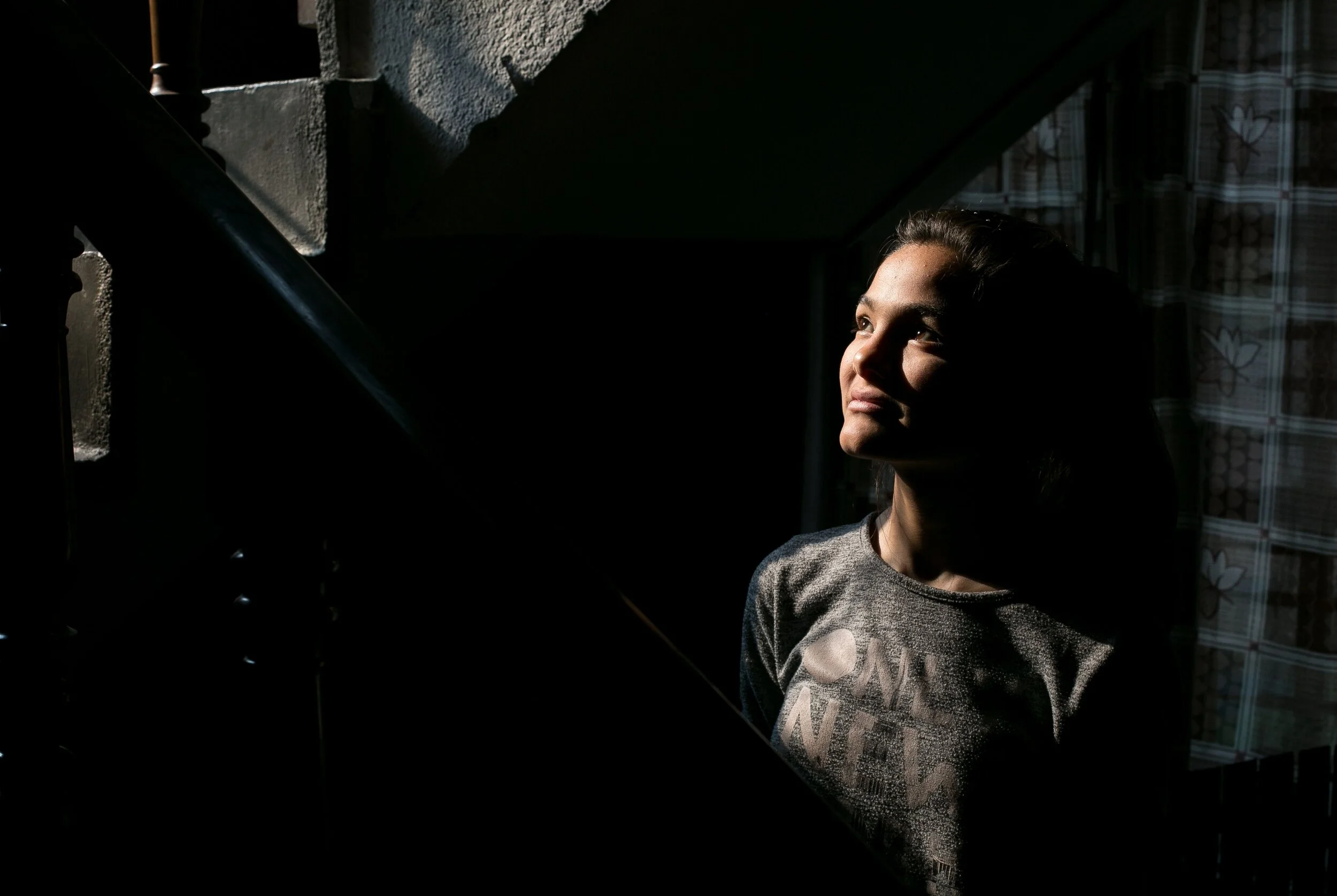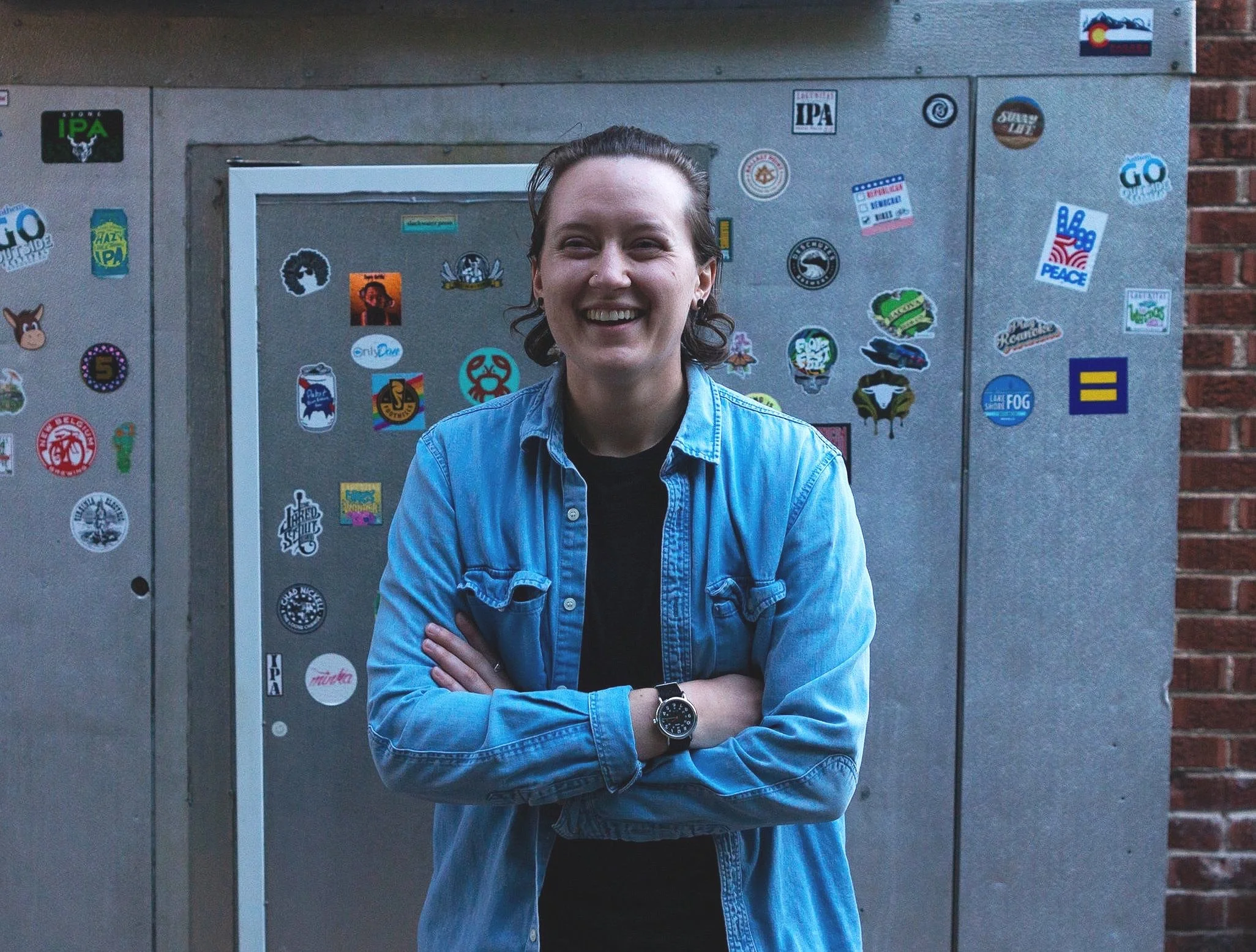Building a Safe, Supportive Environment for Nepalese Prisoners and Their Children
By Andrea Sarcos
Children in Nepal cultivate family, learn responsibility and build their futures at Firefly Children’s Home.
Rojina was five years old when her mother passed away from an illness. Shortly after, her father went to prison. Rojina and her siblings moved in with their auntie, who took care of them until the family was connected with Prisoners Assistance (PA Nepal), a grassroots organization that provides basic needs and advocates for the human rights of prisoners and their children.
The Nepalese prison population has experienced a gradual growth since the 1990s, and overcrowding and neglect of prisoners remains a challenge for the country. Nepal has approximately 74 prisons which host 19,000 reported prisoners, almost double the official capacity. Nearly 7,000 of the prisoners are women, some of whom remain the primary caregivers for their children. After age two, Nepal’s government has legal responsibility for the welfare of prisoners’ dependent children. In cases when there is no other relative to care for the child, children will live in prison with one of their parents, often experiencing abuse and neglect at the hands of the prison staff. In other cases, children become homeless.
One of the great responsibilities of the team at PA Nepal is to provide complete care of children whose parents have been imprisoned. The organization cares for over 200 children across its two primary schools and eleven children's homes, yet it is estimated that over 50 children are still living in prison with their parents.
Rojina, now 18, has been a part of PA Nepal for most of her life. She first lived with her older sister and younger brother in the Nayabazaar Children’s Home, where the majority of children under the age of four begin their journey with the program.
Rojina then moved to the Sankhu Home, the main property where over 100 children reside. Founded in 2009, Sankhu Children’s Home is part of the Firefly Children’s Home (FCH) program, a PA Nepal partner, that educates and nurtures orphaned children by creating a family environment.
“Everyone says to me, ‘Rojina, you have changed.’ I’m a big sister here, so I need to do lots of things for them,” she said.
Though ever-dwindling in size due to intense overdevelopment of the area, the Sankhu Home remains a non-traditional living space where children find safety, education and hope for a future defined by opportunity. Spending their days inventing dance routines, identifying native plants, building character through household chores and playing board games like Carrom, the youngest group primarily stays on the Firefly grounds. The teens and adolescents who attend an off-site school during the day provide mentorship as if they were older siblings.
Rojina is currently studying computer science. Like many others, her goal is to be able to build a career so she can support herself and her family. She also mentors younger girls in their studies. “If there's no teacher, I’ll teach the class,” she said. “Maybe if they read a book, they can find their talent and what they want to do.”
The children don’t talk about what they’ve lost or what they don’t have. As they grow alongside each other, they focus on enjoying the present and building a future. Between the programs at PA Nepal and the community and care at FCH, they have everything they need—their brothers, sisters and a uniquely unconventional family unit.
For Indira Ranamagar, the founder of PA Nepal, caring for each other is a part of the organization’s mission. The concept of the Firefly Children's Homes is to teach responsibility in the Nepali way, by teaching equality and responsible parenting in an effort to break the cycle of poverty.
Twenty three-year-old Shreaya Kafle from Jhapa, Nepal, is the Sanku Children’s Home housemother and has been working at the home for the past year. She handles administrative tasks, but her main priority is monitoring the emotional health and stability of the group.
"First of all, we need to understand the children," Kafle said. "They are far from their parents and far from home."
"It’s a really, really big responsibility because you need to look after everything for all the children," she said.
The Sankhu Children’s Home, located about 17 km from the capital city of Kathmandu, is a vibrant area surrounded by farmlands and forests.
“We don’t want to bring children from prison and put them in another prison,” Ranamagar said. “We want to heal them with nature.”
Surrounded by nature, FCH works with the Earth’s natural resources to teach responsibility and survival skills. Children learn to grow their own food by planting and harvesting vegetables and learning how to take care of goats.
“I continue doing it because I feel the needs and problems of the kids; this is my life,” Ranamagar said.
Sharmila Rawol, a 15-year-old girl from Sindhupalchowk, Nepal, has been with her brothers at P.A. Nepal for four years. In 2018, her mother passed away while incarcerated. Sharmila recently had appendicitis surgery and she said she feels grateful she has been able to stay with her younger brothers.
Sharmila is currently entering the 11th grade and is interested in accounting. She hopes her education will allow her to build a house for her father and brothers so that they can all live together one day.
"Everybody who stays here, they get a golden chance to study and develop their futures," Sharmila said.
Though most of the children don’t grow up with their birth parents, they’re able to experience family. In Nepali, “didi” means big sister, “baheni” is little sister, “bai” is little brother and “dai” is big brother. All of the children use these endearing names for each other.
“I’m proud of everybody because of how we are living together,” Sharmila said.
Despite the success over the last 10 years, PA Nepal needs resources to power the children's homes and school programmes. Ranamagar works hard to secure funding in order to support the children and one day hire teachers for courses like dancing, painting and sports. With only seven staff in total, they are understaffed for the number of children.
Helping children succeed and live happy lives is something that comes naturally to Ranamagar. "I don’t want to see the kids in the streets or ending up in crime. I want to give them a good environment so that they can be good citizens in the future and be independent," she said.
"Every firefly has their own unique light," Ranamagar said. "And all children have their own unique light, like a firefly in the darkness."
To learn more about Firefly Children’s home and support their work, visit their website here.
more from photographers without borders
















